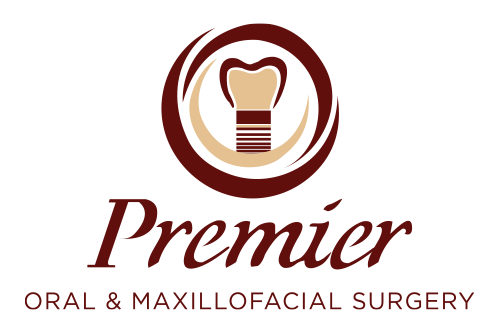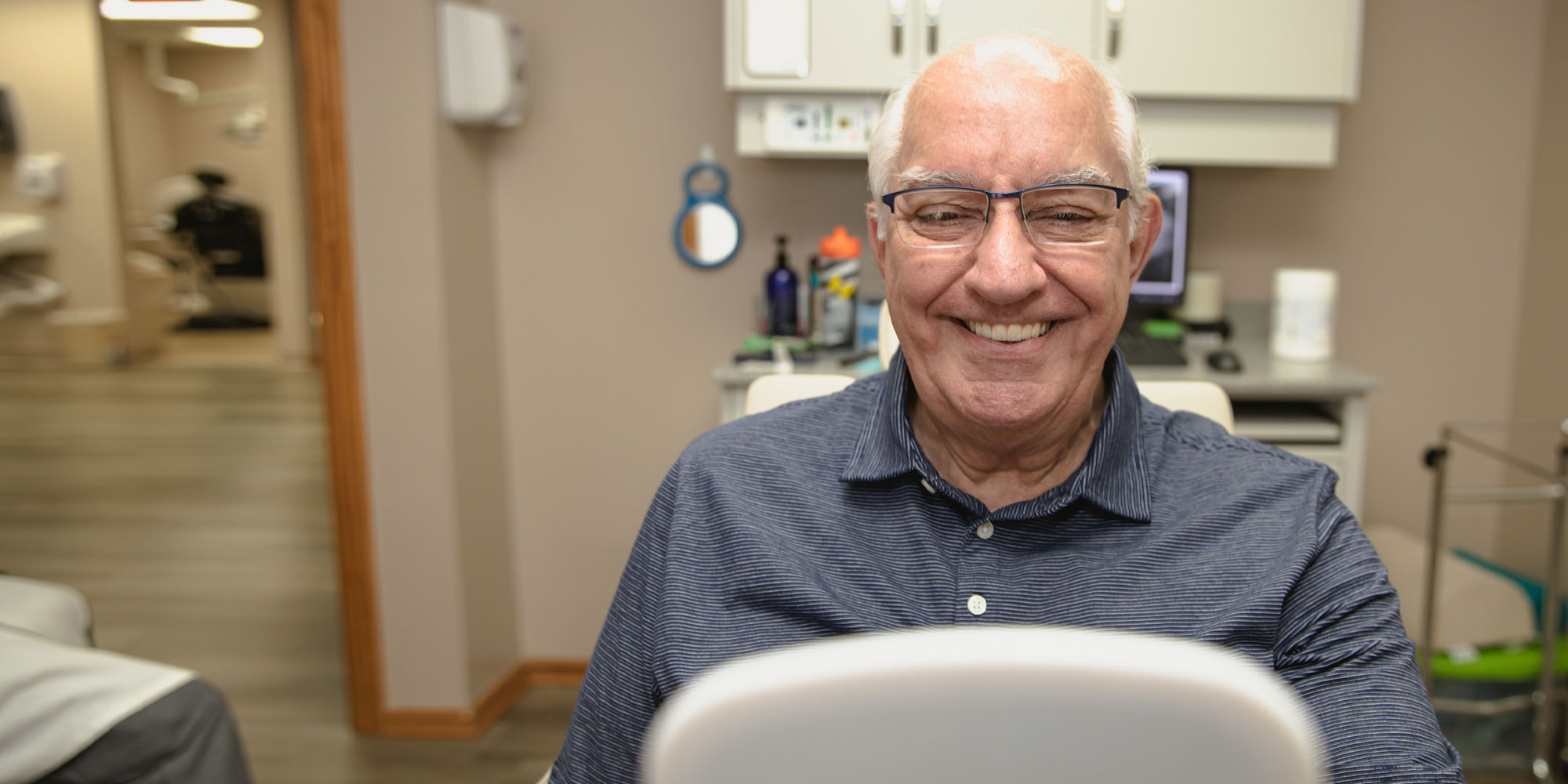Ensure Proper Healing
Your recovery period after your procedure is critical to the overall success of your surgery. It’s important that you keep the surgical site undisturbed, especially if a blood clot needs to form. Most discomfort can be alleviated with cold and hot compresses and over-the-counter pain medication. We encourage you to relax for the first few days after surgery, drink the recommended amount of water, and eat nutritionally to help jumpstart your recovery. We’ll review your post-operative instructions during your visit at Premier Oral & Maxillofacial Surgery in Papillion, NE to make sure you’re comfortable with the healing process before treatment begins.
Impacted Tooth Exposure
Minor bleeding at the surgical site is normal for the first 24 hours. If more persistent bleeding occurs, bite down firmly on a gauze pad placed on the wound for 30 minutes. Contact our office immediately if any excessive or uncontrollable bleeding occurs.
Swelling of the gums around the exposed tooth is normal. Apply an ice pack to the cheek or external area of the mouth where the surgical site is. Maintain the application of this ice pack anytime you are awake for the first 36 hours after surgery.
Begin taking over-the-counter or prescribed pain medication before the local anesthetic begins wearing off to reduce any discomfort. Ibuprofen or Tylenol is generally strong enough to control any post-operative pain. If prescribed medication is needed, take only as directed. If you experience severe pain that persists, contact our office right away.
The day after your surgery, rinse with mouthwash and/or saltwater 5-6 times a day and especially after meals. Continue rinsing your mouth until the site has healed. Brush your teeth only with a soft-bristled toothbrush and be careful to avoid harming the surgical site.
Immediately after surgery, resume drinking the recommended amount of water each day to avoid dehydration. Nutritionally rich soft foods can be eaten on the day of surgery. Avoid hot foods and liquids. You can return to a normal diet within a few days but continue eating wholesome meals to assist your body in the healing process.
Minimize exercise and physical activities for the first few days after surgery. Do not begin rigorous exercise as this can cause excessive bleeding and throbbing at the surgical site. Resume physical activities slowly over the next several weeks.
Single Tooth Extraction
Some bleeding after your tooth extraction is normal. To stop any persistent bleeding, bite down on a gauze pad for 30 minutes at a time. This can be repeated for as long as necessary. Any bleeding that is excessive or uncontrollable should be reported to us immediately.
Minor swelling is common after tooth extraction. Apply an ice pack to the area consistently until the swelling subsides in about 48 hours.
Pain and discomfort are normal but can be easily managed with over-the-counter pain medication. Take all pain medication as instructed. The pain will subside after a few days, so contact our office in Papillion, NE if this pain worsens.
If you have been prescribed antibiotics, take these tablets or liquid as instructed. Do not skip any of the medication, even if you no longer feel any pain. Antibiotics help reduce the risk of infection after your surgery.
Resume your normal oral hygiene routine 24 hours after your surgery. Floss once a day. Brush your teeth twice a day with a soft-bristled toothbrush. Be careful not to brush around the extraction site for the next 72 hours.
In the days following your surgery, drink the recommended amount of water every day and stick to a nutritional soft-food diet. As soon as you feel comfortable biting and chewing foods, you can resume eating normally. Avoid hot foods and liquids, do not use a straw, and refrain from drinking alcohol for 72 hours after surgery.
Do not partake in any rigorous exercise or physical activity for the first 24 hours after surgery to avoid dislodging the blood clot. Exercise increases blood pressure and can cause the surgical site to bleed.
Multiple Extractions
Bleeding is expected after your surgery. To manage any bleeding, place gauze over each of the surgical sites and firmly bite down for 30 minutes. This process can be repeated as necessary. You can also bite down on moist tea bags. If you’ve been given a partial or denture, this will also help control bleeding. Contact our office right away if you experience excessive and prolonged bleeding.
Some swelling is normal and may also include bruising around your face. This will be most noticeable 2-3 days after surgery but will subside. To control swelling, apply an ice pack to one or both sides of your face for 30 minutes at a time while you are awake. After 48 hours, switch to applying heat instead.
Temporary numbness around the chin, eyes, and tongue is normal. While this may persist for a few days up to several months, the numbness is rarely permanent. Contact us if you have concerns or you experience changes in these sensations.
You may experience a significant amount of discomfort for the first few days after surgery as well as a sore throat and elevated temperature. This pain is normal and can be controlled with over-the-counter pain medication such as Tylenol and Ibuprofen. Avoid taking medication with alcohol or on an empty stomach to minimize nausea. If you experience worsening pain after four days or develop a fever, contact our office immediately.
Refrain from brushing your remaining teeth or gums for the first 24 hours. This will help to encourage healthy blood clots to form. Warm saltwater rinses can resume after the first day and should be completed 5-6 times daily and especially after meals. If you have a partial or denture, it should be removed before rinsing. Brush any remaining teeth while being careful to not disturb the surgical sites.
During the first day following your surgery, drink plenty of water to rehydrate. Your mouth may be too sore to eat foods, so begin with a soft diet such as nutrition shakes that are easy to consume and help give your body the vitamins and minerals it needs to heal properly. Avoid using straws and hot foods or drinks. A normal diet can slowly be resumed as you heal.
Avoid strenuous physical activity or exercise for at least two days after surgery. This can harm the surgical sites. During rest, whether sitting or lying down, be sure to keep your head elevated. Avoid driving if you are taking pain medication and do not bend over or lift heavy objects.
Wisdom Teeth Removal
Bleeding is expected after your surgery. To manage any bleeding, place gauze over each of the surgical sites and firmly bite down for 30 minutes. This process can be repeated as necessary. You can also bite down on moist tea bags. If you’ve been given a partial or denture, this will also help control bleeding. Contact our office right away if you experience excessive and prolonged bleeding.
Some swelling is normal and may also include bruising around your face. This will be most noticeable 2-3 days after surgery but will subside. To control swelling, apply an ice pack to one or both sides of your face for 30 minutes at a time while you are awake. After 48 hours, switch to applying heat instead.
Temporary numbness around the chin, eyes, and tongue is normal. While this may persist for a few days up to several months, the numbness is rarely permanent. Contact us if you have concerns or you experience changes in these sensations.
You may experience a significant amount of discomfort for the first few days after surgery as well as a sore throat and elevated temperature. This pain is normal and can be controlled with over-the-counter pain medication such as Tylenol and Ibuprofen. Avoid taking medication with alcohol or on an empty stomach to minimize nausea. If you experience worsening pain after four days or develop a fever, contact our office immediately.
Refrain from brushing your remaining teeth or gums for the first 24 hours. This will help to encourage healthy blood clots to form. Warm saltwater rinses can resume after the first day and should be completed 5-6 times daily and especially after meals. If you have a partial or denture, it should be removed before rinsing. Brush any remaining teeth while being careful to not disturb the surgical sites.
During the first day following your surgery, drink plenty of water to rehydrate. Your mouth may be too sore to eat foods, so begin with a soft diet such as nutrition shakes that are easy to consume and help give your body the vitamins and minerals it needs to heal properly. Avoid using straws and hot foods or drinks. A normal diet can slowly be resumed as you heal.
Avoid strenuous physical activity or exercise for at least two days after surgery. This can harm the surgical sites. During rest, whether sitting or lying down, be sure to keep your head elevated. Avoid driving if you are taking pain medication and do not bend over or lift heavy objects.
Socket Bone Grafting
Some bleeding is normal after surgery. A common mistake made when applying gauze pads is clenching teeth to hold them in place instead of firmly pressing them down on the surgical site. This can cause heavier bleeding. Contact our office immediately if bleeding worsens or does not stop.
Minor swelling is normal and will be most evident 48 hours after surgery. Minimize swelling by keeping the head elevated and applying ice packs to the area in 30-minute intervals. Apply warm compresses instead after 48 hours have passed.
Pain is a normal result of surgery and can be alleviated with over-the-counter pain medications such as Tylenol or Ibuprofen. If prescription medication has been provided, take only as instructed by our doctor. Medication should begin before local anesthetic wears off and taken with food to avoid nausea. Contact our office if pain becomes worse or does not subside in the normal time.
Bruising may occur and be noticeable 1-2 days after surgery. Cold and warm compresses can help reduce the noticeable signs of bruising. These will fade on their own within a few days or weeks.
If prescribed antibiotics, take all the medication as directed and until the series is complete. This helps reduce the chances of infection at the surgical site. Be watchful of the signs of infection, including increased swelling, intense pain, and foul-tasting drainage from the surgical site. Contact us immediately if this occurs.
Do not vigorously rinse your mouth or spit for at least 3-5 days after surgery. Gentle rinsing with warm salt water or mouthwash can resume the day after your procedure. Carefully brush and floss teeth but do not disturb the surgical site. Avoid touching the area with your tongue or finger and do not lift your lip to minimize the chances of tearing the sutures.
Stick to a mild, soft food diet for at least the first 2-4 days. These foods should be easy to consume without biting or chewing and be nutritionally rich to help your body heal properly. A normal diet can be resumed once the area has healed. Do not smoke or consume alcohol for at least 2 weeks after surgery, or for as long as possible.
If you’re receiving a denture or flipper, we’ll have specific instructions on the day of your surgery. We may instruct you to wear your prosthesis immediately, leave it in place for 48 hours before removing, or refrain from wearing it until the site has healed. If you have been instructed to wear your prosthesis and sores or swelling develop on your gums, remove it, and contact our office immediately.
Dental Implant Placement
Minor bleeding is normal for the first 24 hours after your surgery. If you experience more excessive bleeding, bite down on a gauze pad placed over the wound for 30 minutes. Contact our office immediately if you have prolonged bleeding or bleeding that cannot be controlled.
Minor swelling is normal directly after surgery and may last for a few days. To help minimize swelling, hold the ice pack or bag of ice wrapped in a towel to your cheek. Apply this ice as much as you can for the first 36 hours after your surgery.
Pain medication, such as Tylenol or Ibuprofen (Motrin or Advil), can be taken before the local anesthetic begins to wear off to avoid any discomfort. Follow the instructions for the number of medications you can take in the given time period. Take any prescription medication only as instructed. If severe pain occurs and continues, contact our office immediately.
If you’ve been prescribed antibiotics, take them as instructed by our doctor until complete. Antibiotics help to prevent infection, which is crucial to the success of your surgery.
Take any prescribed mouth wash as directly, usually the night after your surgery before you go to bed. For the next few days, use this mouthwash 1-2 times daily (morning and night) and begin rinsing your mouth with warm salt water 4-5 times a day, especially after eating. Twenty-four hours after your surgery, you can resume brushing your teeth and the surgical site gently with a soft toothbrush.
Drink the recommended amount of water each day and be sure to eat nutritionally rich food to help your body recover from surgery. Avoid drinking or eating hot beverages or foods, and do not chew foods directly on the implant site. Immediately after your surgery, stick to a soft food diet (such as protein shakes, yogurt, applesauce, etc.). You can return to a normal diet within a few days, or as instructed by our doctor.
For the first week after surgery, refrain from any exercising or physical activities that can increase blood flow and disturb the surgical site. Also avoid activities that increase the risk of impact or injury to your mouth. If, during exercise, you experience complications such as bleeding or throbbing at the surgical site, discontinue activities immediately and contact our office.


